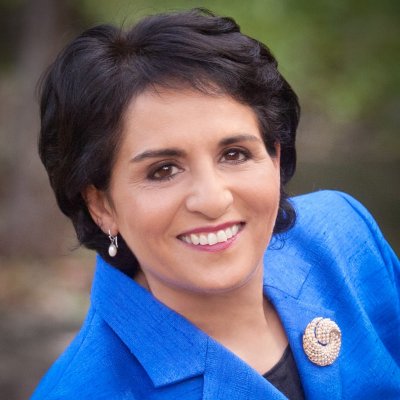Public Engagement: Talking Science to non-Scientists
There are several challenges of communicating science, which include engaging formally with the public about science, the special complexities of communicating science when it is part of a public controversy (science-related controversy) and today's complex, dynamic and competitive communication media environment.
Quite often, because of the lack of understanding of science, several people dispute scientific claims or do not support policies that are consistent with evidence. At the same time, public engagement is crucial to facilitate the exchange of information, knowledge, perspectives, and preferences among groups with different expertise and background.
Decision makers, government agencies, and other public- and private-sector organisations seek the help and support from scientists to engage the public in discussions about important science-related issues, which makes the task of science communication more complex.
Science communication in the 21 century is facing a complex and rapidly changing media environment. New ways of communicating are constantly emerging. The way that media are affecting people’s perceptions and understanding as well as the use of science in a dynamic communication environment, creates the need for new effective approaches to cope with the emerging changes in media and facilitate people’s understanding and perception of science.
- Why and how is it important for scientists to be able to communicate science to public?
- What are the major challenges in science communications and how to overcome them?
- How scientific facts and research results are accessed, understood, shared and discussed with policy makers?
- What are the ethics of science communication?
- How can scientists use the new media (internet, social media etc) for public engagement?
Anjum Malik, Managing Partner, Alhambra U.S. Chamber, moderated the panel discussion.






